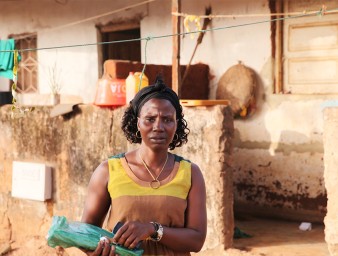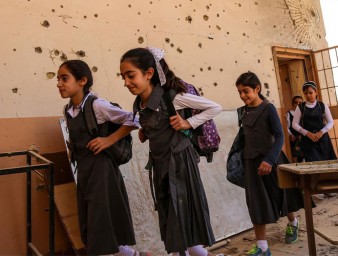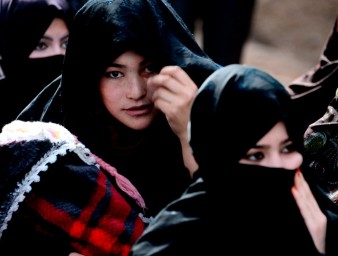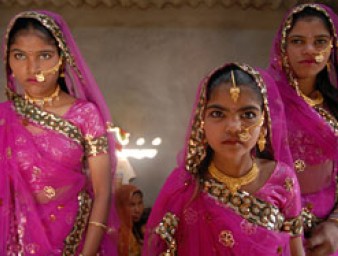Malawi: one woman’s fight against child marriage
27 November 2020
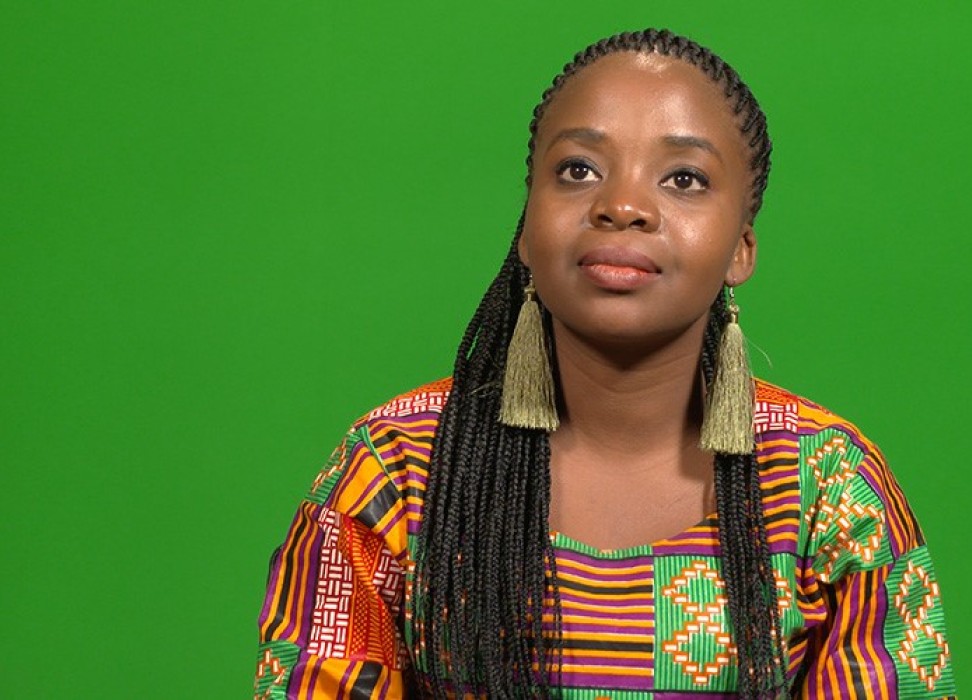
When her younger sister Mercy was forced into marrying a much older man after becoming pregnant, Memory Banda’s fight against child marriage “became really personal.”
Memory’s sister was only 11 years of age. She had three children by the time she was 16.
“Why should this happen to girls?,” Memory demands. “This is a clear rights violation. Why should child marriage be justified because it is a ‘tradition’? As young girls, we have to listen to that rule, and abide by it?”
According to UN Human Rights, child, early and forced marriage threatens the lives and futures of women and girls around the world. Every year, at least 12 million girls are married before they are 18. A major human rights violation, early marriage robs girls of decision-making power on their lives and bodies, it disrupts their education, and they are more vulnerable to violence, discrimination and abuse.
Memory, now 23, has been fighting against child marriage and other harmful practices in Malawi since she was a teenager. She is the founder and CEO of Foundation4GirlsLeadership. Internationally, she has delivered speeches on the topic at the UN Commission on the Status of Women, and at the Oslo Freedom Forum.
The high prevalence of child marriage in Malawi is driven by deep cultural and religious tradition, as well as poverty. According to UNICEF, some 46 percent of girls are married before they are 18, and nine percent before they are 15. Adolescents are also commonly exposed to harmful initiation ceremonies, intended to inform girls and boys about sex and sexuality.
Through her dialogue with traditional leaders, Memory fought to ban the so-called ‘sexual cleansing ritual’ at the initiation camps. The ritual, where girls are raped by older men as a ‘rite of passage,’ is now forbidden, with Memory’s community being the first in the country to stop the practice.
I Will Marry When I Want - “the greatest win for girls”
This major change in this traditional harmful practice brought Memory into the spotlight. She then launched a campaign called ‘I Will Marry When I Want,’ calling for the legal age of marriage to be increased from 15 to 18.
Working with a Malawi-based NGO called Girls Empowerment Network, which she helped create, the campaign gathered voices of girls through a writing competition, calling for them to express their dreams for the future.
Then, in 2015, Malawi officially introduced a law banning child marriage.
“Having this law in place has been the greatest win for girls and a big step towards ending child marriages,” says Memory.
Next step: enforcing the law
Although the law has been in place for nearly five years, Memory says the actual implementation of it is a major challenge. She notes that deeply set traditional beliefs in communities are a huge barrier to overcome in ensuring the law is enforced.
“We need to change their mindset, and shift them into a mentality that marrying off a child at a young age is criminal.”
She is also calling for assistance for the girls and women who were married, or forced to marry, early, and have now left their marriages, and is urging the Malawian government to address this gap: “They need alternatives, they need vocational skills, they need the education they have missed out on. Ending child marriage is possible only if more is invested in ending it.”
Education is paramount in achieving this goal. Memory has also established Let Girls Lead community groups, which aim to keep girls in school. “We need to ensure that girls remain in school, that they are able to realise their potential and to feel that they are being supported holistically.”
For Memory, it is crucial that local, national and international stakeholders work together to urgently address the issue. “It’s devastating to talk about child marriage in the 21st century,” she concludes. “It is high time governments prioritise girls’ education, promote human rights, and end this tragedy.”
Disclaimer: The views, information and opinions expressed in this article are those of the persons featured in the story and do not necessarily reflect the official policy or position of the Office of the UN High Commissioner for Human Rights.
27 November 2020
